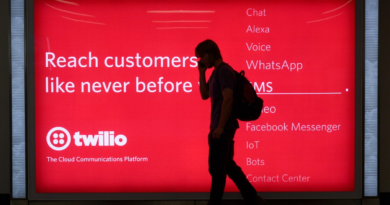Rivian and Amazon are no longer exclusive

Rivian vans are no longer an Amazon exclusive.
The automaker said on Tuesday that it will now let other companies buy its commercial electric vans, ending an exclusivity deal that Amazon secured when it pumped more than a billion dollars into Rivian in 2019. Both companies’ stock prices rose following the announcement, which they timed with Rivian’s third-quarter earnings report.
Rivian was in talks with Amazon in March to strip out their exclusivity clause ahead of time. The original exclusivity arrangement was set to end after Rivian delivered a total of 100,000 electric vans — sometime before the end of the decade. Rivian said during its investor call that still plans to come through on Amazon’s goal, while simultaneously working “with a diverse set of new commercial customers.”
Amazon boasted in October that it had 10,000 Rivian-built vans on roads, meeting a 2023 sales threshold set by the two companies. It sounds like a whole lot of vans, and it is, but the retail giant’s 10,000 van orders were reportedly “on the low end of a range Amazon had communicated earlier to the auto maker,” the Wall Street Journal wrote in March. Hence, the pressure to call the exclusivity agreement early.
“We’ve always said that we want others to benefit from [Rivian’s] technology in the long run because having more electric delivery vehicles on the road is good for our communities and our planet,” said Amazon transportation boss Udit Madan in a prepared statement. Of course, whatever’s good for Rivian is also good for Amazon; the retailer owns a 17% stake in the EV maker.
Amazon’s total (owned and leased) fleet is enormous, spanning many tens of thousands of semi-trucks and vans and around a hundred planes.




